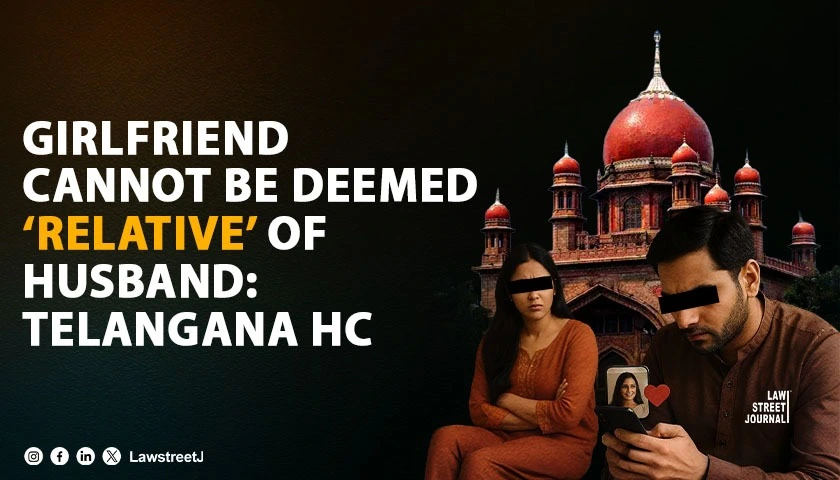NEW DELHI: The Supreme Court has said that a man cannot be convicted of rape and penetrative sexual assault, if the allegation is only of touching the private organs of the minor girl.
A bench of Justices Ahsanuddin Amanullah and Joymalya Bagchi modified the conviction of appellant, Laxman Jangde in such a case and reduced his sentence from 20 years rigorous imprisonment to seven years jail term.
On his appeal against the Chhattisgarh High Court's 2024 judgment which affirmed the trial court's decision, the court noted the direct allegation was of touching the private parts of the victim and also at the same time, the appellant touching his private organs.
"In such view of the matter, we find that the conviction recorded under Section 376 AB of the IPC and under Section 6 of the POCSO Act, cannot be sustained," the bench said.
The court held that the presumption by the Trial Court as upheld by the High Court that there was penetrative sexual assault, cannot be sustained for simple reason that it is neither supported by the medical report nor by the statement of the victim herself on three different occasions as also, that of the mother of the victim.
The appellant was sentenced to undergo 20 years of rigorous imprisonment with a fine of Rs 50,000.
Referring to the girl's statements, the appellant's counsel contended there has not been actual rape committed on the victim as there was no penetration. He said Section 6 of the POCSO Act would also not be attracted because there was no penetrative sexual assault. At the worst, it can be a case under Section 354 of the IPC and under Section 9(m) of the POCSO Act.
The state counsel, however, submitted the appellant needs no sympathy, as he committed the offence with a girl of 12 years of age.
Finding substance in the submission of the appellant's counsel, the bench said, "A plain reading of the evidence and other materials on record reveal that the offence made out from such allegations do not satisfy the ingredients of either Section 375 of the IPC or Section 3(c) of the POCSO Act. Thus, to that extent, the conviction cannot be sustained.''
"What has come right from the beginning by way of the FIR, subsequent deposition of the victim as also, the other witnesses, the so-called act of the appellant will come under the purview of Section 354 of the IPC and Section 9(m) of the POCSO Act," the bench said.
Disclaimer: This content is produced and published by LawStreet Journal Media for informational purposes only and does not constitute legal advice. The views expressed are independent of any legal practice of the individuals involved.

















